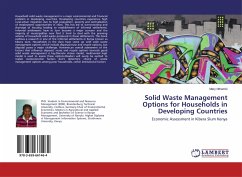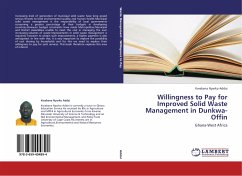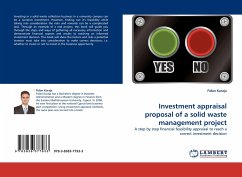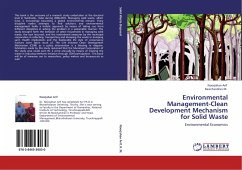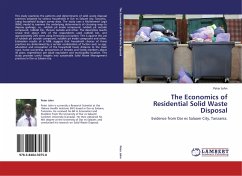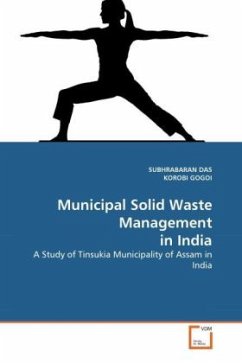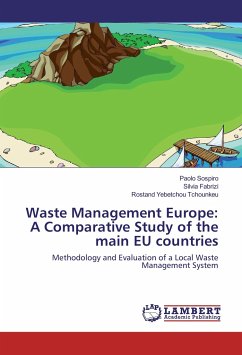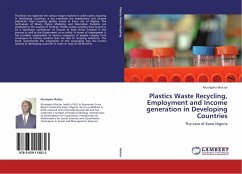Household solid waste management is a major environmental and financial problem in developing countries. Developing countries experience high rural-urban migration due to high population, poverty and centralization of employment opportunities in cities. This has led to overcrowding and shortage of housing leading to establishment of informal settlements. Informal settlements have in turn become a major concern and the majority of municipalities now find it hard to deal with the growing volume of household solid waste produced in these settlements. This book outlines a research in one of the informal settlements in Kenya known as Kibera slum. Households in the slum have come up with solid waste management options which include disposal,reuse and recycle options, but disposal poses a major challenge. However,an overall assessment of the factors that influence disposal, reuse and recycle options towards good solid waste management is key.Discrete choice model, multinomial logit model is used to assess these options.Readers will surely be excited to realize socioeconomic factors don't determine choice of waste management options among poor households, rather institutional factors
Bitte wählen Sie Ihr Anliegen aus.
Rechnungen
Retourenschein anfordern
Bestellstatus
Storno

